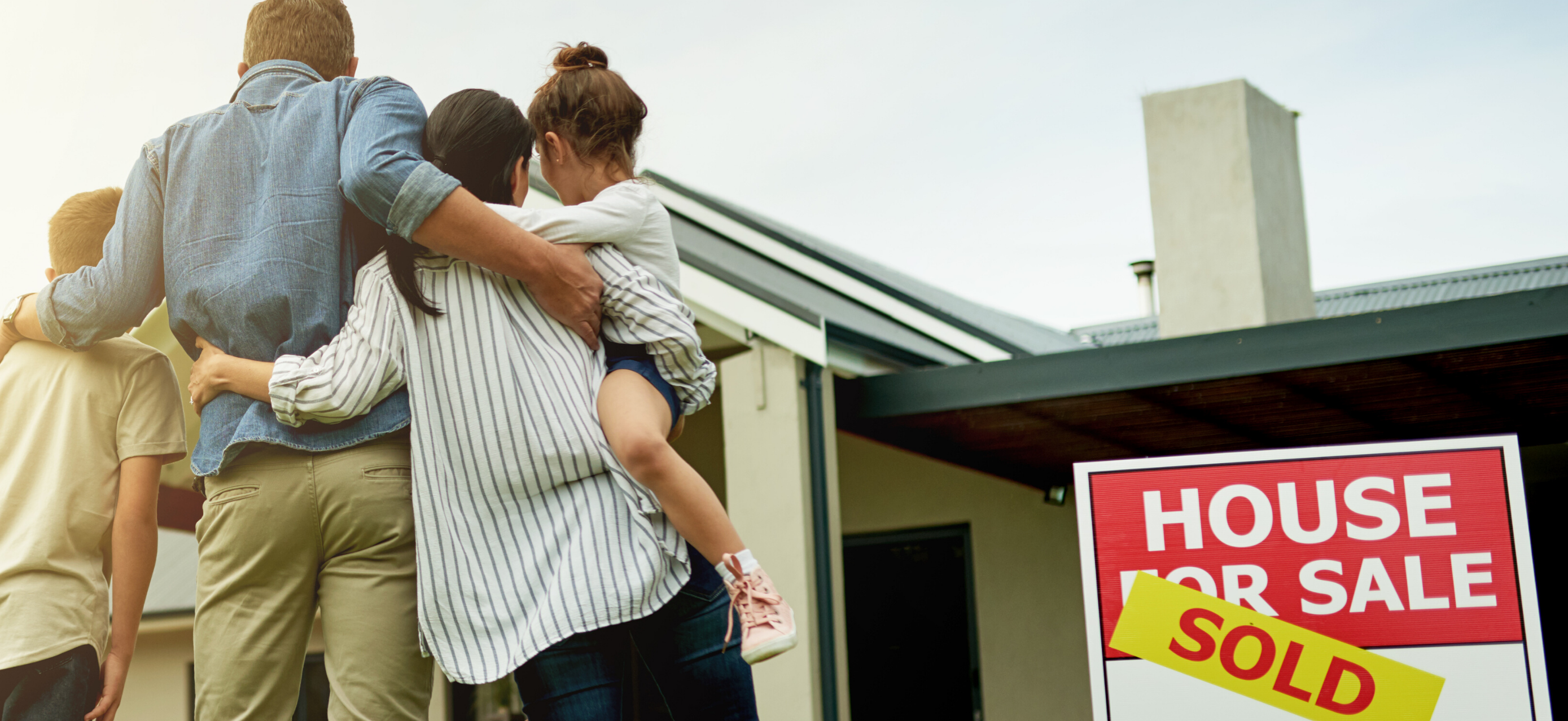
Radon exposure is responsible for approximately 16 percent of lung cancer deaths in Canada. Invisible, odourless and tasteless, the only way to know if radon gas levels pose a danger in one’s home is to do a radon test. To date less than 1 in 10 Canadians have tested their homes.
The BC Lung Association’s Healthy Indoor Environments Team is looking to uncover where the law is lacking or might be improved to ensure healthy indoor environments, beginning with the issue of indoor radon exposure.
Indoor air quality as a whole and especially radon really falls through the cracks in our regulatory system. The BC Building Code requires new buildings in many radon prone areas of the province to have radon mitigation systems. However, this is a relatively new provision, and does not apply to the vast majority of existing buildings we live, work, study or visit. Here’s some things we’re doing to help change this:
Increasing radon testing by making testing devices available FREE through local libraries.
Recent BC community-level home radon testing campaigns have found radon levels to be twice as high previously thought by health authorities. To increase BC home radon testing and expand available data to more accurately map indoor radon exposure risk in BC - Health Canada, Simon Fraser University, radon-detector-maker Airthings and the BC Lung Association launched a ‘Library Radon Detector Lending’ pilot program in 2018 in North Vancouver and Sunshine Coast libraries. Using a simple-to-use, mobile-phone-sized device, library borrowers can find out if their home has unhealthy radon levels and if steps need taken to mitigate radon exposure health risks. The BC Lung Association hopes to see the program adopted by libraries province-wide.
Helping ensure BC realtors tell their clients about radon.
Real estate transactions are a key point in time when people are focused on the health of their homes. BC's Real Estate Council has recognized radon as a serious environmental health issue, and notified members through the Professional Standards Manual. However, BC Lung Association research, supported by the Real Estate Foundation of BC, shows few realtors know about radon or bring up the issue with their clients. Of the 402 realtors who took a survey on Radon in Real Estate, fewer than 10 percent reported having sufficient knowledge to advise clients and only 19 percent could correctly identify Canada's Radon Guidelines. Real estate licensees have professional obligations to raise the radon issue, even if their clients do not think of the issue. At the same time, real estate licensees have a tremendous opportunity to raise radon awareness, and saving lives through radon testing and mitigation.
Radon Policies for Local Governments.
People trust their local governments and often feel connected to local decision-making. That’s one reason its so important for cities and regional districts to take radon seriously. There is a lot that municipal governments and regional districts can do in BC to make progress on radon.—and in turn push the provincial government for better policies. Steps include declaring Radon Action Month, community testing, and new bylaws to protect renters. We are in the process of preparing legal opinions, outreach materials, and guidance documents and are beginning to work directly with local governments.
Over time we look to these projects to help contribute to our bigger vision—British Columbia adopting radon policies which will, over time, ensure no one in BC lives, works, or plays in a high radon environment.
Questions? Contact Dr. Noah Quastel, Director, Law & Policy, Healthy Indoor Environments | Cell 778.709.4496 Email nquastel@bclung.ca
